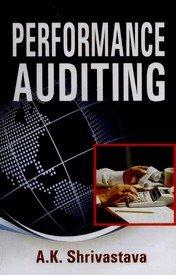Question
On January 1, 2008, Dryft granted 1,000 employee share options that vest after a four-year service period, with an exercise price of $30 per share.
On January 1, 2008, Dryft granted 1,000 employee share options that vest after a four-year service period, with an exercise price of $30 per share. Using the Black-Scholes pricing model, it was determined that the grant-date-fair-value-based measure of each option was $15. On the grant date, Dryfts stock was trading at $30 per share.
On January 1, 2010, Dryft decided to change the terms of the incentives for the third and fourth years of service of the 2008 annual grant by modifying the exercise price to $20 per share. Using the Black-Scholes pricing model, management determined that the fair-value-based measure of the awards as of January 1, 2010 was $9 before the terms of the award were modified and $12 immediately after modification. The modification did not affect any of the other terms or conditions of the awards. (No forfeitures are assumed)
a- How much compensation cost should Dryft recognize in each year of the awards service period?
b- How would the accounting for the awards change if the modification to the terms of the award was made on January 1, 2014, after the awards have become fully vested?
Please show detailed answers, use journal entries and explain.
Step by Step Solution
There are 3 Steps involved in it
Step: 1

Get Instant Access to Expert-Tailored Solutions
See step-by-step solutions with expert insights and AI powered tools for academic success
Step: 2

Step: 3

Ace Your Homework with AI
Get the answers you need in no time with our AI-driven, step-by-step assistance
Get Started


